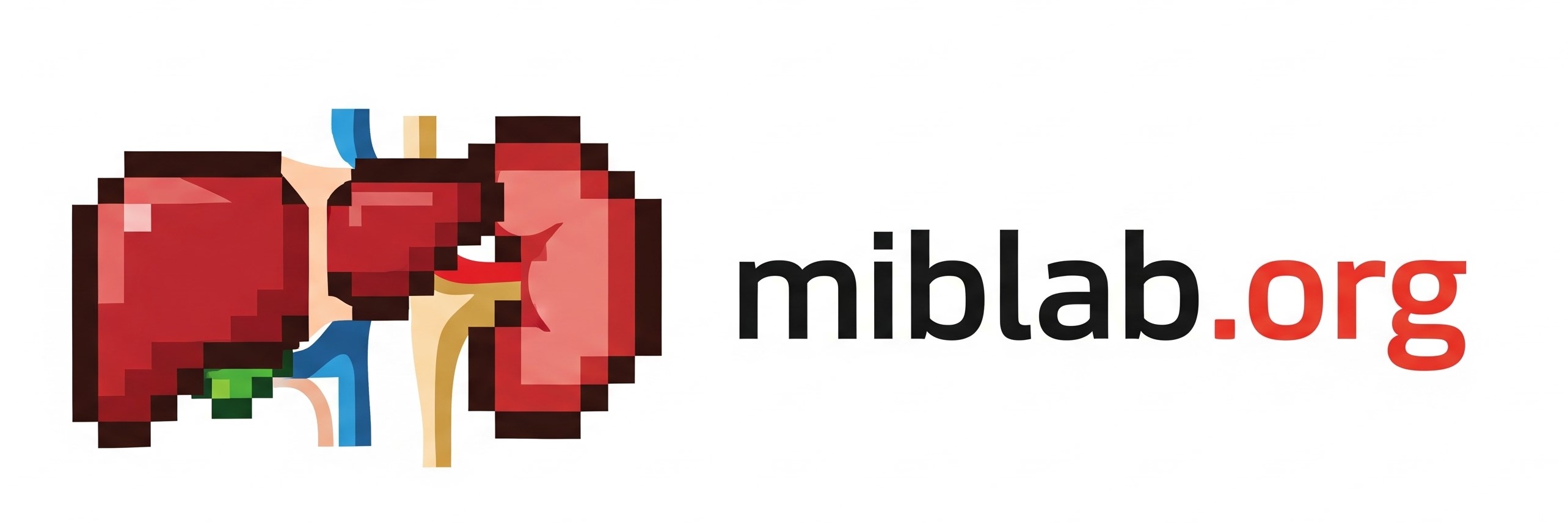Source code for miblab.dlseg
import os
import shutil
import tempfile
from tqdm import tqdm
import numpy as np
import vreg
try:
from totalsegmentator import map_to_binary
from totalsegmentator.python_api import totalsegmentator
totalsegmentor_installed = True
except ImportError:
totalsegmentor_installed = False
try:
import vreg
vreg_installed = True
except ImportError:
vreg_installed = False
# from totalsegmentator.config import setup_nnunet
# setup_nnunet()
def _totseg(vol, cutoff=None, task='total', roi_subset=None, **kwargs):
temp_dir = tempfile.mkdtemp()
print('Saving source as nifti..')
nifti_file = os.path.join(temp_dir, 'source.nii.gz')
vreg.write_nifti(vol, nifti_file)
print('Segmenting organs..')
totalsegmentator(nifti_file, temp_dir, task=task, roi_subset=roi_subset, **kwargs)
if roi_subset is None:
roi_set = list(map_to_binary.class_map[task].values())
else:
roi_set = roi_subset
mask = {}
for roi in tqdm(roi_set, desc='Reading results..'):
roifile = os.path.join(temp_dir, roi + '.nii.gz')
v = vreg.read_nifti(roifile)
if cutoff is not None:
values = v.values
values[values > cutoff] = 1
values[values <= cutoff] = 0
v.set_values(values)
mask[roi] = v
shutil.rmtree(temp_dir)
return mask
[docs]
def totseg(vol, cutoff=None, **kwargs):
"""Run totalsegmentator on one or more volumes.
Source: `totalsegmentator <https://github.com/wasserth/TotalSegmentator>`_.
Args:
vol (vreg.Volume3D or list): Either a single volume, or a list
of volumes to be segmented.
cutoff (float, optional): Pixels with a probability higher
than cutoff will be included in the mask. If cutoff is
not provided, probabilities will be returned directly.
Defaults to None.
kwargs: Any keyword arguments accepted by the `totalsegmentor
python API <https://github.com/wasserth/TotalSegmentator/tree/master?tab=readme-ov-file#totalsegmentator>`_.
Returns:
vreg.Volume3D:
A vreg volume with the label image. See
`totalsegmentator documentation <https://github.com/wasserth/TotalSegmentator/blob/master/totalsegmentator/map_to_binary.py>`_
for a dictionary mapping labels to anatomical structures.
Example:
Use a machine with a cpu to run the task 'total_mr' on a
single volume saved as a nifti file:
>>> import miblab
>>> import vreg
>>> vol = vreg.read_nifti('path/to/volume.nii.gz')
>>> label = miblab.totseg(vol, cutoff=0.01, task='total_mr', device='cpu')
>>> vreg.write_nifti(label, 'path/to/label.nii.gz')
"""
if not vreg_installed:
raise ImportError(
'vreg is not installed. Please install it with "pip install vreg".'
'To install all dlseg options at once, install miblab as pip install miblab[dlseg].'
)
if not totalsegmentor_installed:
raise ImportError(
'totalsegmentator is not installed. Please install it with "pip install totalsegmentator".'
'To install all dlseg options at once, install miblab as pip install miblab[dlseg].'
)
if not isinstance(vol, list):
total = _totseg(vol, cutoff, **kwargs)
# Convert to label
label_img = np.zeros(vol.shape, dtype=np.int16)
for j, roi in enumerate(total):
label_img += (j+1) * total[roi].values.astype(np.int16)
return vreg.volume(label_img, vol.affine)
total = {}
for v in tqdm(vol, desc='Segmenting volumes..'):
mask = _totseg(v, **kwargs)
for roi in mask:
if roi in total:
values = total[roi].values + mask[roi].values
total[roi].set_values(values)
else:
total[roi] = mask[roi]
for roi, v in tqdm(total.items(), desc='Combining results..'):
values = v.values/len(vol)
if cutoff is not None:
values[values > cutoff] = 1
values[values <= cutoff] = 0
v.set_values(values)
total[roi] = v
# Convert to label
label_img = np.zeros(vol[0].shape, dtype=np.int16)
for j, roi in enumerate(total):
label_img += (j+1) * total[roi].values.astype(np.int16)
# Return volume
return vreg.volume(label_img, vol[0].affine)
